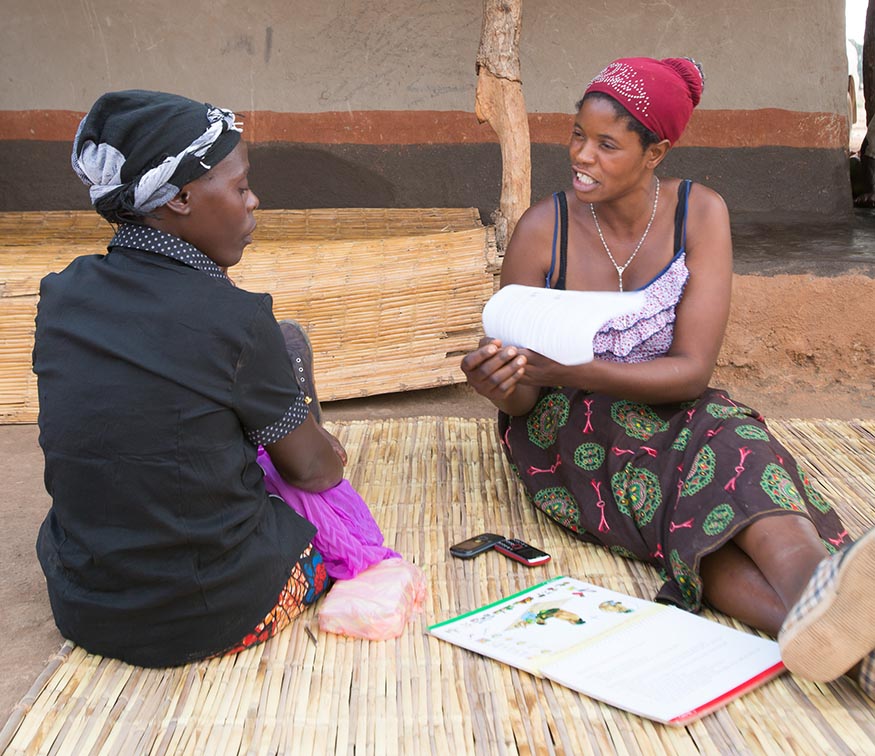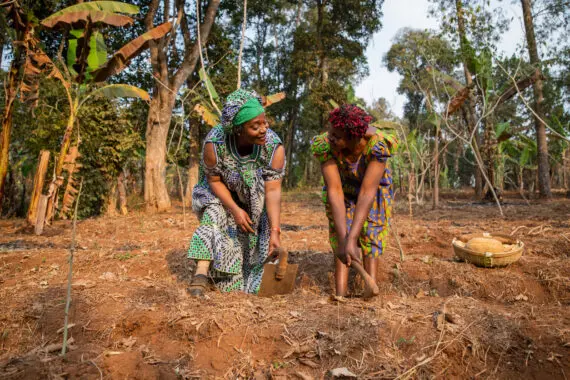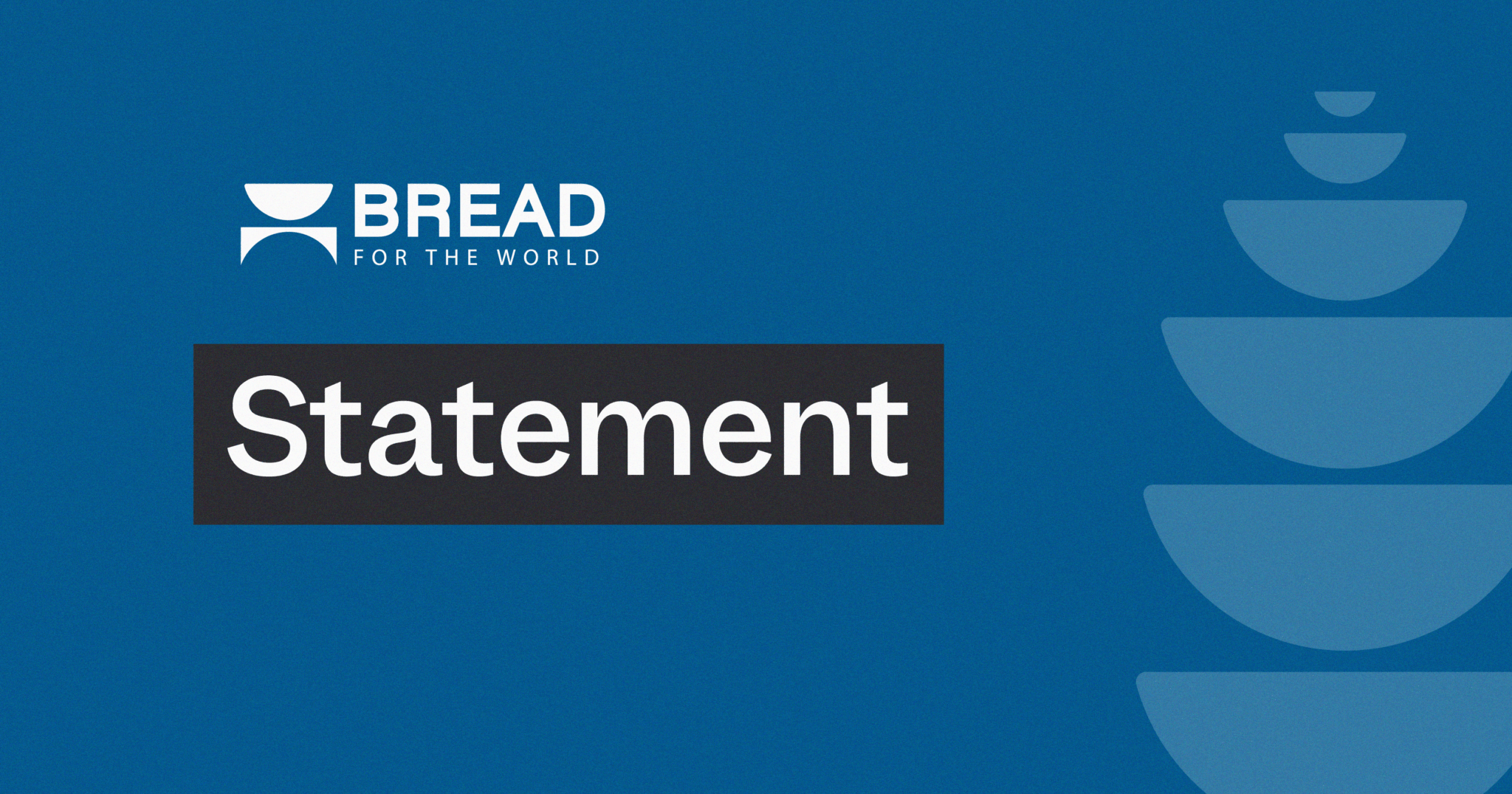By Stephen H. Padre
The U.S. has been fighting a war continuously for the past 55 years.
Large-scale military wars like Vietnam, Afghanistan, and Iraq have come and gone in that time. And this war isn’t a political showdown like the Cold War.
It’s the war on global hunger, which has persisted in its own quiet way. John F. Kennedy, the president who brought us the Peace Corps, also consolidated many of the U.S. government’s programs for food aid and those that address poverty in 1961. And ever since then, with the U.S. Agency for International Development (USAID) taking the lead, the U.S. government has slowly and steadily – and without much fanfare – fought a war on malnutrition and hunger.
One of the battlefields for this war today is a remote village in eastern Zambia. Unlike a war in which guns and bombs kill people, in this daily battle, people in developing countries are armed with skills and knowledge that give them and their families life.
Monica Mwandila, 32, was trained as a nutrition volunteer by the Mawa program. Mawa is operated by the U.S.-based Catholic Relief Services and receives funding from the U.S. government through USAID.
I met Monica in October last year on a visit to Zambia to gather stories for the 2016 Offering of Letters: Survive and Thrive. My stories, like this one, are to illustrate how federal government policy and funding, originating in Congress, gets played out at the end of the process – on the ground in places like Zambia, where hunger and malnutrition exist every day. In the case of this year’s Offering of Letters, I wanted to see examples of how our government is helping improve nutrition among mothers and children and thus fighting the larger war on hunger.
On the day I met her, Monica was in the village of Nysulu as part of her regular visits there and to surrounding villages to teach mothers why proper nutrition is important for their children and how to provide it.
Monica started working with one mother, Michilu Zimba, in 2013. That’s when Michilu’s oldest child, John, was 9 months old. His legs were swollen due to malnutrition. Zimba was also pregnant at the time with her next son, Aaron. So nutrition for all three – mother, baby, and yet-to-be-born baby – became important. Monica had worked with Michilu and other mothers in the village by giving them new recipes, teaching them the importance of breastfeeding for newborns, and helping the mothers choose foods from a variety of food groups.
These and other methods are used to teach people that nutrition is important for the growth of children from a young age, starting even in the womb.
When I visited this village and others on my trip to Zambia, I was struck that the ways of slowing an enemy like malnutrition don’t have to be dramatic and sudden, like a big, sudden attack. The methods of fighting malnutrition that are being used are meeting people where they are in their everyday, ordinary lives – in the ways they eat and care for their children. It’s making changes in the way people grow food or choose what they eat – making small but significant changes to people’s behavior. It’s a subdued, low-key war that we’re fighting, and we’re actually winning.
Stephen H. Padre is the managing editor for Bread for the World.
Photo: Monica Mwandila (right), a nutrition volunteer, has helped Michilu Zimba improve the nutrition of her children, which will give them a chance at a better life. Joseph Molieri/Bread for the World.



